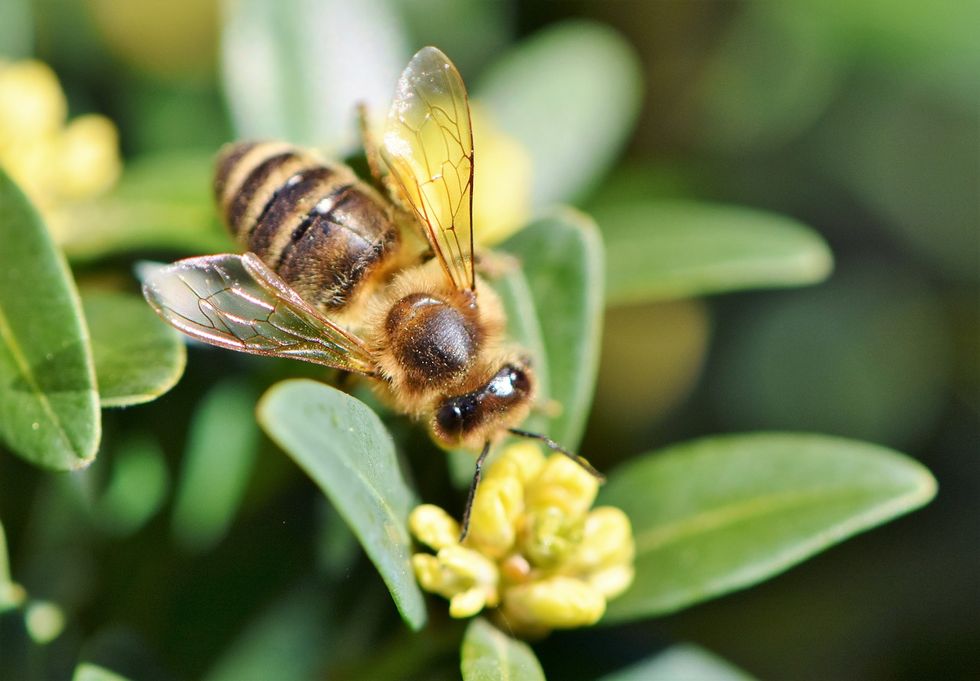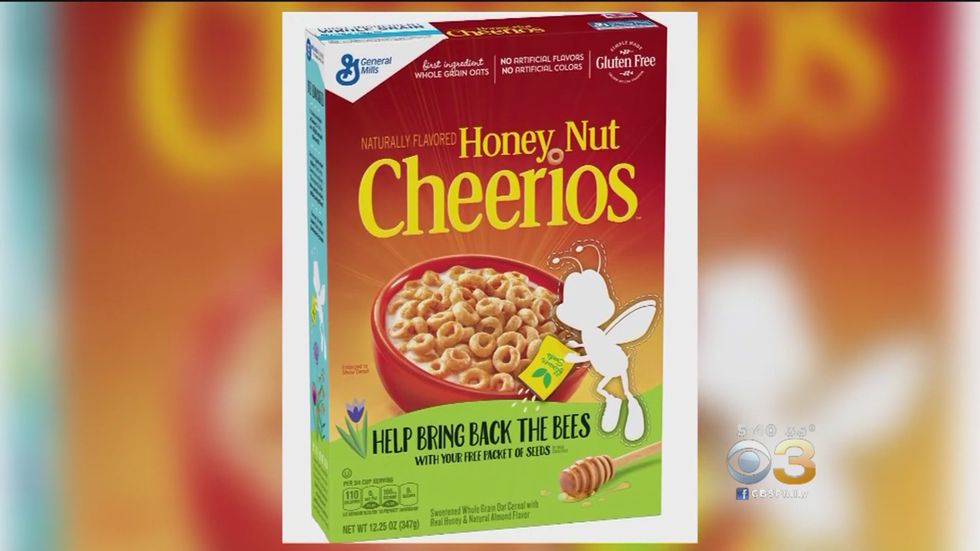Personally, I've never been victimized by a bee. I don't know if I'm allergic to them because I have never been stung by one. I usually keep away from bees and have never even killed a bee due to this reason. However, people have since listed certain species of bees on the endangered species websites.
And this is a problem!
Yes, bees sting us and can kill a certain percentage of people but we all have seen "The Bee Movie" and we all know what happens to our way of life and environment without bees. So, we need to step up as humans and try to save the bees!
The Rusty Patched Bumblebee has officially been declared endangered within the United States. Within twenty years the population of this once thriving species of bumblebee has declined about 90%. What makes this news saddening is that bumblebees are important pollinators of many crops within the United States such as blueberry, cranberry, and tomato crops. With this natural pollination method, farmers save roughly about $3 billion per year.
A few months earlier, seven species of the Hawaiian yellow-faced bees were declared endangered, too. The reason for their decline in population is the same as the Rusty Patched Bumblebee, factors such as climate change, habitat loss, diseases and parasites, and pesticides led to their demise.
Due to the decline in the population of different species of bees, some groups, companies, and organizations have decided to take action to spread awareness about our helpful incests. Most notably, General Mills, the company that produces cult favorite Honey Nut Cheerios, has removed their mascot Buzz the Bee from their boxes. Within these special boxes of Honey Nut Cheerios are packets of seeds for people to plant to help bring back bees. When you plant seeds of plans, specifically wildflowers, that are native to your area that helps bring back bees to pollinate. Something that is even better if you plant wildflowers that bloom at all times of the year.
You can also help bee populations by not buying mulch for your gardens. Some bee species like to dig nests to raise young in bare ground. Bees can't dig their nests with mulch in the way. Easing up on the use of pesticides and other chemicals in your garden will also help replenish the population of bees. Alternatively, you can plant certain plans together for a natural pesticide! Finally, planting milkweed can help. Although milkweed makes some people's allergies flare up, it is a really good plant for attracting bees.




















